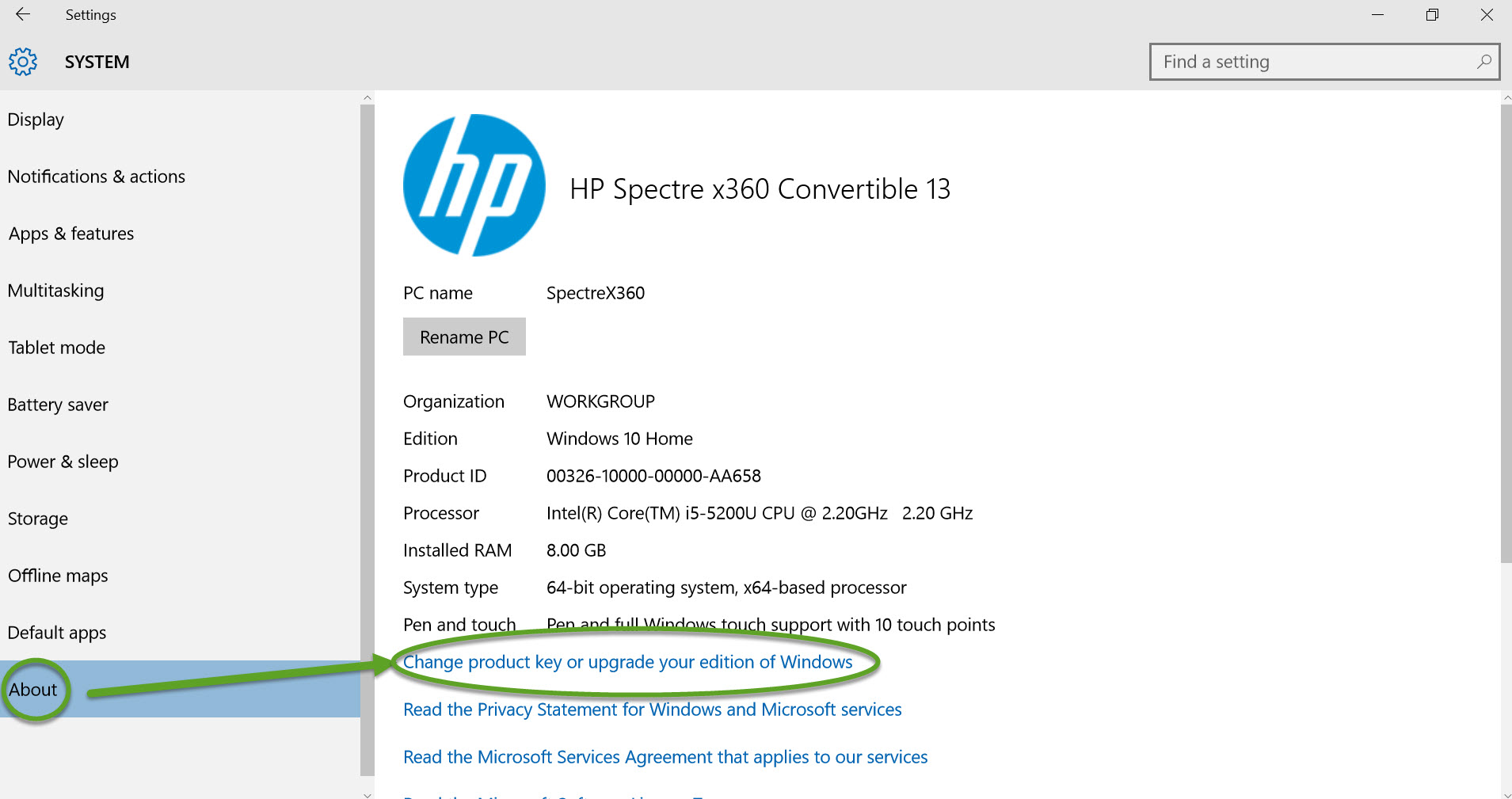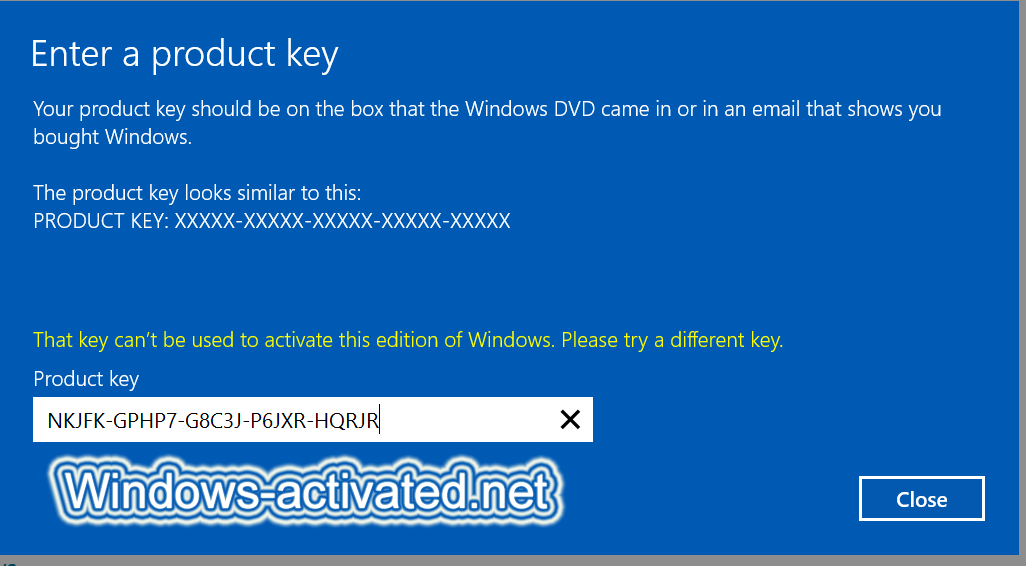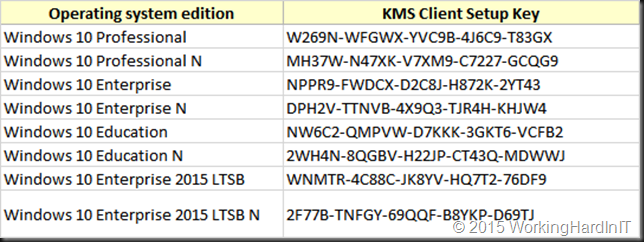

Then there is a chance and it's most likely it activated using the SLIC code (BIOS key), but as noted above, activated does not mean legally licensed - so long as you have a valid license I would change the key If you upgraded to Windows 10 for free from an activated copy of Windows 7 or Windows 8.1, you should have a digital license instead of a product key.

Without one of these, activation can't continue, and one can't be substituted for the other.Ī digital license (called a digital entitlement in Windows 10, Version 1511) is a method of activation in Windows 10 that doesn't require you to enter a product key. Because it "requires " a digital "license " to activateĪctivation helps verify that your copy of Windows is genuine and hasn’t been used on more devices than the Microsoft Software License Terms allow.ĭepending on how you got your copy of Windows 10, activation uses either a digital license or a 25-character product key.

Please check the linkįrom what I read if it activates then it's legal. I have already acquired a retail key to activate this workstation, which I will use in the next couple of days if nobody can confirm that the licensing is valid. My question is more or less asking if this should be considered valid licensing, and the consensus seems to be "no". This system almost certainly activated using the Windows 8 key that it found in BIOS. To clarify, I did not activate this workstation with the System Builder license key - I simply used the installation media which came with the System Builder key. Here's a link to the steps required to prep. So technically your current license state is invalid. The System Builder Media should be used to prep images, once installed the end user is supposed to enter their activation key from their OEM key.

I was upgrading a Dell workstation to Windows 10 Pro + an SSD.


 0 kommentar(er)
0 kommentar(er)
